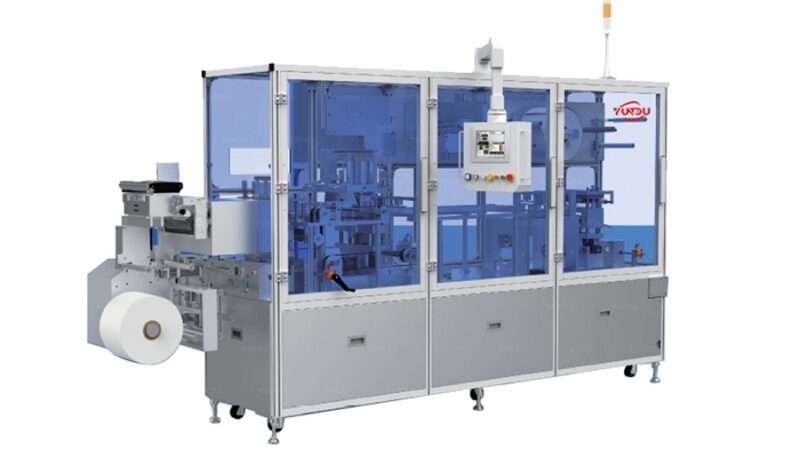5 Critical FMCSA Requirements Every New Carrier Must Know

Starting a trucking company requires careful attention to federal regulations and compliance standards. Success in the transportation industry begins with understanding and properly implementing essential FMCSA requirements that govern carrier operations.
Navigating company setup and FMCSA requirements starts with obtaining proper operating authority. New carriers must apply for a USDOT number and Motor Carrier (MC) number through the FMCSA’s Unified Registration System. This process includes providing detailed company information, designating process agents, and demonstrating financial responsibility through appropriate insurance coverage.
Drug and alcohol testing programs represent a crucial compliance area. The FMCSA requires carriers to implement comprehensive testing protocols that include pre-employment, random, post-accident, and reasonable suspicion testing. Companies must maintain detailed records and ensure drivers participate in substance abuse awareness training.
Hours of Service regulations govern driver scheduling and rest periods. Modern carriers must equip trucks with approved Electronic Logging Devices that automatically record driving time. Understanding these requirements helps prevent violations while ensuring driver safety.
Safety management systems play a vital role in compliance. Carriers must develop protocols that address vehicle maintenance, driver qualification, and accident reporting. Regular safety audits help identify potential issues before they result in violations.
Insurance requirements extend beyond basic liability coverage. The FMCSA mandates specific insurance levels based on cargo types and operating areas. Understanding these requirements helps carriers maintain proper coverage and avoid compliance issues.
Driver qualification files demand particular attention. Carriers must maintain comprehensive records including driving records, medical certifications, and training documentation. Regular updates ensure continued compliance with FMCSA standards.
Vehicle maintenance records demonstrate compliance with safety regulations. The FMCSA requires systematic inspection and maintenance programs for all commercial vehicles. This documentation proves essential during safety audits.
New carriers often benefit from professional guidance when implementing FMCSA requirements. Industry experts help navigate complex regulations while establishing effective compliance systems. Success in trucking requires ongoing attention to regulatory compliance.






